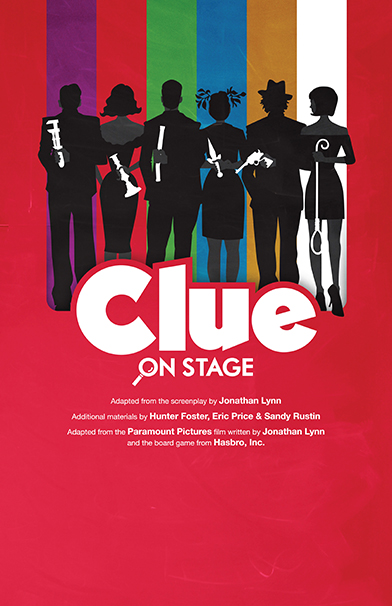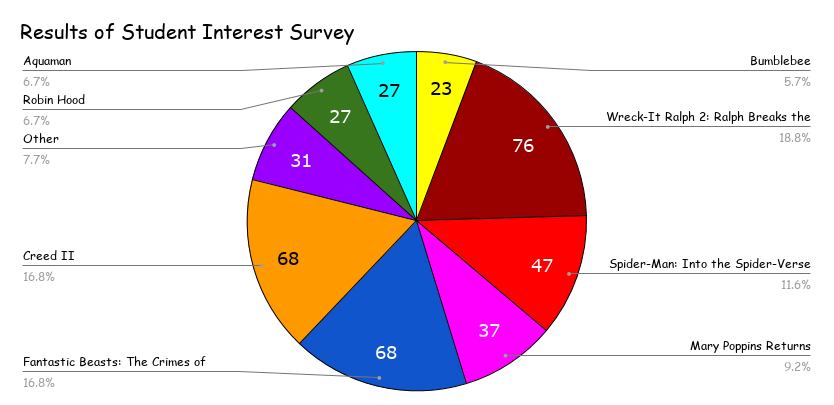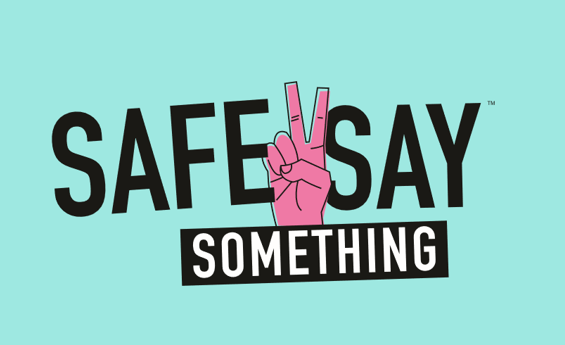Common Core is a Common Bore
Common Core mathematics concentrates on a clear set of math skills and concepts in a more organized way throughout a student’s school years than the past mathematics teaching standards in Pennsylvania. The newer Common Core standards have been set to define what students should understand and be able to do in their study of mathematics. What does mathematical understanding look like in a setting that has really only relied on teaching how to pass a test instead of actually understanding the material?
I do think you have to have standards. If you don’t have standards, then you [as a teacher] don’t have a goal to meet, so your students don’t have a goal to meet. You can make your lessons to follow and prepare your students for college. I think some of the overall Common Core standards are challenging for a grade level.
— Mrs. Crawford
With these standards, teachers have to assess their student’s understanding by asking the student to justify why a particular mathematical statement is true or where a mathematical rule comes from. This means the teachers have to actually teach comprehensive lessons that help their students understand the materials given.
Common Core has really only been introduced fully with elementary schoolers. The standards are meant to teach children tougher subjects at a younger age, so while the high schoolers now were being taught algebra around eighth or ninth grade, kids will start to learn operations and algebraic thinking starting all the way in their kindergarten classes.
Common Core math has been a controversial topic among students and parents since it’s official introduction in Pennsylvania in 2014.
Seemingly, the biggest problem with Common Core has been that parents were not taught the way that their children are currently being taught and are having trouble helping their kids with homework. Parents are having trouble with Common Core because they weren’t taught how to understand the formulas their children are taught.
Standards are good, but I’m not so sure that they’re all in the right spot, grade-level wise. Trying to teach something abstract to someone so young, when we normally start these concepts at 12, is impossible. We push everything being taught down so early, so those kids get left behind. That’s what I don’t like about it. But I do like that it teaches you to think a little bit.
— Mrs. Geibel
“Some things are kind of cool because you think about things differently, but some things are like, ‘Why are you making them do all this work? when they can just add together these two numbers to get the answer?’” says mathematics teacher Mrs. Geibel, whose daughter is currently in the sixth grade.
Students so far have not been a fan of Common Core, though it seems most likely because their parents don’t like it either.
“It’s new, and [the students] hear the adults say that they think Common Core is stupid or their parents say that it’s stupid, so they automatically think that it’s stupid,” says Mrs. Geibel.
But is it a newness that is so unlikeable about Common Core, or is it because the standards for children is being set so high?
Children are being taught more and more complicated math skills at such a young age in more challenging ways that may not be developmentally fit for them.
So is it truly beneficial for young minds to be taught such complicated skills so early on? It is certainly good for kids to be able to comprehend mathematical skills instead of taking shortcuts, but the standards are set so high for kids so young.

When it comes to coddling and cajoling staff members on finishing stories, Emily Tasker is the editor-in-chief...





































